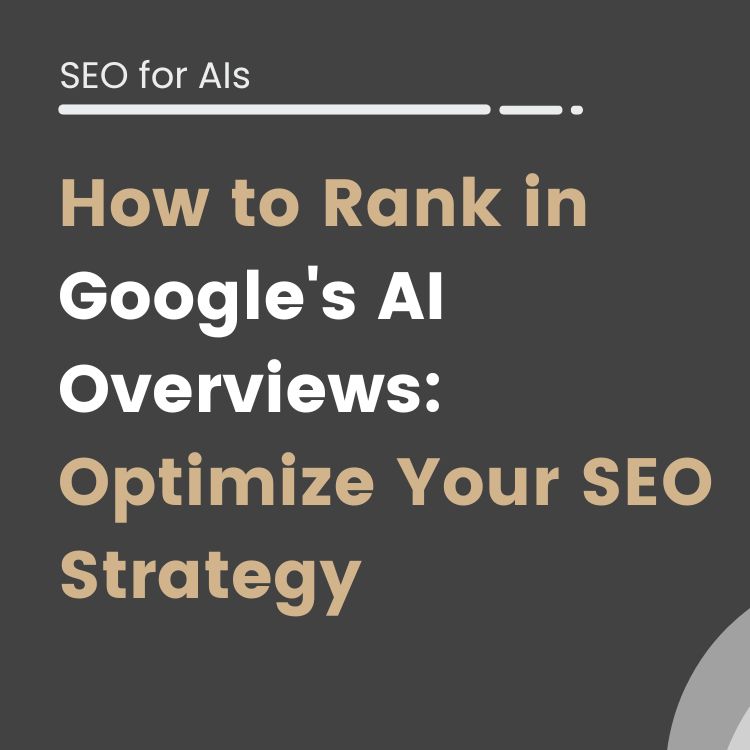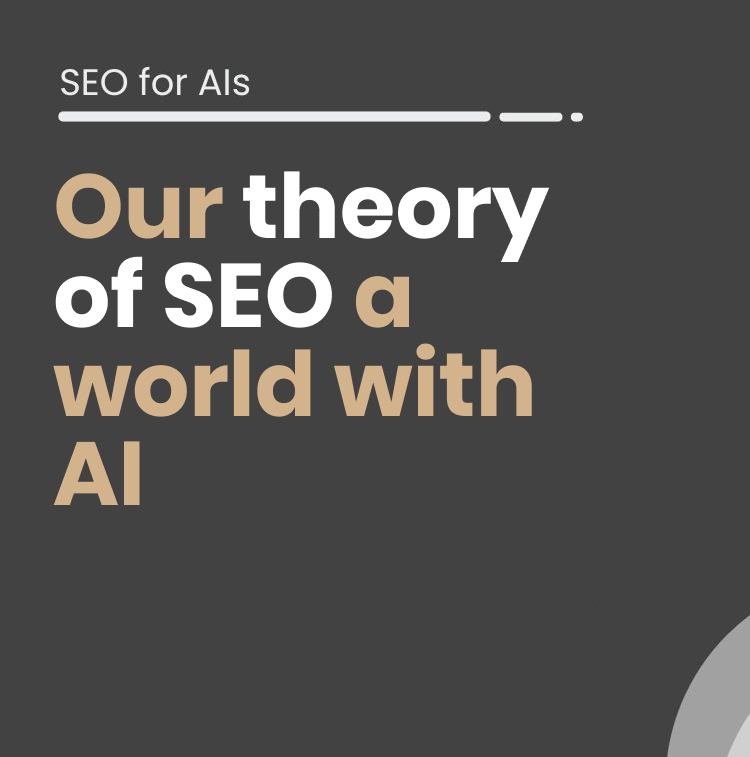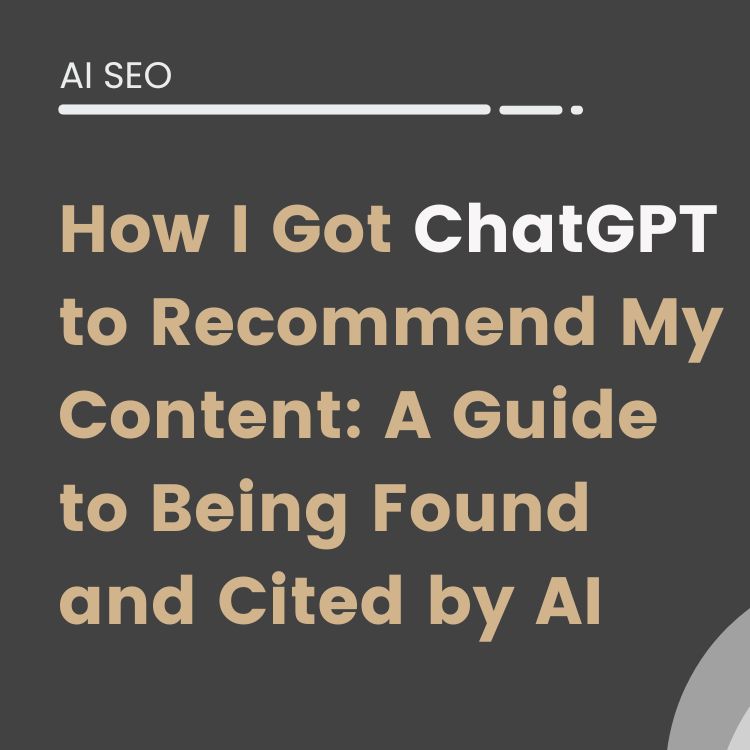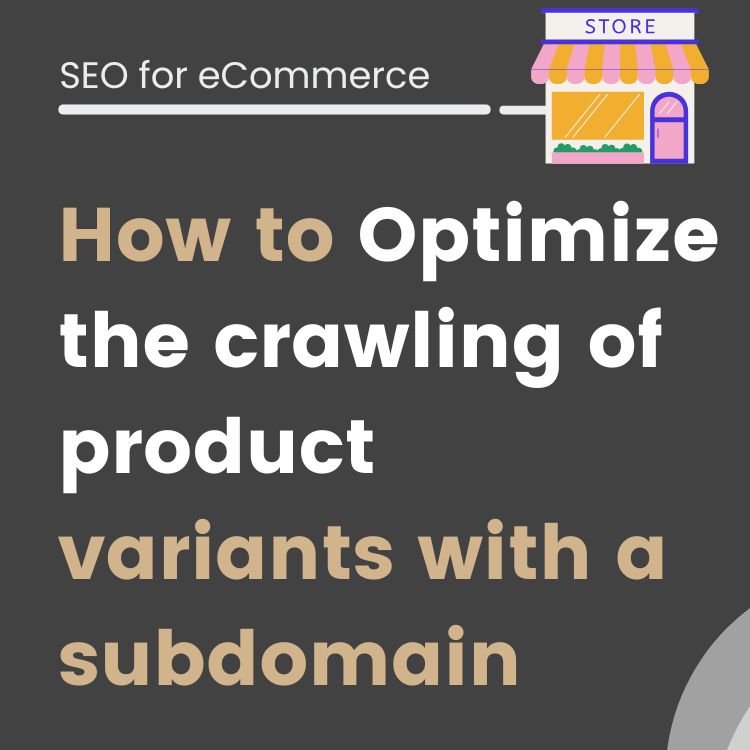Have you ever wondered why some content appears in the top results when you use ChatGPT, Claude, or Perplexity, while other content, even if it’s high quality, simply gets lost in the digital void? The answer lies in how artificial intelligences process and consume online content.
We are witnessing a silent revolution. AIs no longer just seek generic information about products or services; they want to know who is behind them, how they are executed, and why they are relevant. This transformation is redefining how companies must communicate in the digital environment.
In this article, we’ll guide you to understand how to leverage this new reality.
We’ll show you the platforms you should consider if you want your content to be a reference source for AIs, and consequently, for the thousands of users who use them daily.
Key points you’ll find in this article:
- Why content focused on “who” and “how” is replacing content focused on “what”
- The 8 fundamental platforms for publishing content that AIs will use as reference
- Practical tips for optimizing your content on each platform
- How to structure your own domain to maximize visibility in the age of AI search
- 1 Bonus: The advanced strategy to have your content become part of the training of future AIs
The new way of searching: from “what” to “who” and “how”
Starting in 2025, when someone asks an AI about a service or product, they won’t just receive a generic description. AIs are evolving to offer information about who provides that service, how they do it, and why it’s relevant to the user.
Imagine this: before, if you asked “what is a divorce?”, you received a general explanation. Now, if you ask “I need a lawyer for my divorce,” the AI will direct you straight to a law firm that offers that specific service, explaining their approach and experience.
This change requires us to adapt our content strategy. It’s no longer enough to create informative pages; we need content that establishes authority, expertise, and relevance for our clients in their specific niches.
In this context, the platforms where you publish content must be carefully selected and optimized so that AIs can clearly identify the authority and expertise of the companies behind the services.
The 8 platforms you should consider for your content strategy
1. Wikidata + Wikipedia: where AIs learn the basics
Did you know that many of the answers given by AIs come directly from Wikipedia? It’s no coincidence. Wikipedia is one of the most powerful resources for AIs, providing structured data that feeds many current language models.
Something similar happens with Wikidata. Through Wikidata, search engines and AIs can quickly access key information in a precise and organized manner.
Advantages:
- Perfectly structured metadata files
- Universal recognition by AIs and search engines
- Excellent for providing accurate information on a specific topic
Optimization tip: Creating an article on Wikipedia can be complicated due to its strict relevance rules. However, you can start with Wikidata, creating structured files and, from there, linking to Wikipedia or your own site. It’s like building a bridge between your content and the sources that AIs constantly consult.
2. Quora, Poe.com, and Quora Spaces: community as validation
Quora’s questions and answers are sources of human learning for AIs. When a real person answers a real question, AIs consider that content valuable and worthy of being analyzed because it’s human.
Advantages:
- Allows you to publish well-structured answers that solve specific problems
- AIs frequently index these answers as reliable sources
- Quora Spaces allow you to create a community around your expertise
Optimization tip: Don’t just quickly answer questions. Take the time to create detailed answers, with practical examples and, if possible, links to sources. Then, link these answers to a Quora Space dedicated to your topic. This strategy not only increases your visibility but establishes your authority in the niche.
3. Medium.com: where deep content finds its home
Medium has become a benchmark for long and specialized content. If you’ve used Perplexity or Bing Copilot, you’ll have noticed that they frequently cite Medium articles. This is not a coincidence.
Advantages:
- High visibility on AI platforms like Perplexity and Bing Copilot
- Perfect for blog-type content, extensive guides, or detailed explanations
- Active community that validates content quality
Optimization tip: Identify complex questions in your niche that require detailed explanations. For example, “What is hydrolyzed collagen and how does it really affect our skin?” or “Complete guide to vegan restaurants in Barcelona: beyond salads.” These articles have the potential to become references for AIs, positioning you as an authority on the topic.
4. Hugging Face Datasets, Paperspace, GitHub: the technical terrain
If your business has a technical or scientific component, these platforms are essential. AIs constantly consult them for specialized information.
Advantages:
- Ideal for technical content, datasets, glossaries, and papers
- Primary source for AIs searching for precise technical information
- Establishes credibility in specialized fields
Optimization tip: If you have technical knowledge, consider creating datasets, technical glossaries, or step-by-step guides on these platforms. For example, a dataset on consumer trends in your sector or a specialized glossary can become a reference for AIs, giving your content exceptional relevance.
5. Public Notion + own domain: your personalized wiki
Notion offers incredible flexibility to create structured knowledge bases. By making them public and linking them to your own domain, you create a valuable resource that AIs can easily index.
Advantages:
- Total flexibility to create structured content that’s easy to navigate
- Complete customization of the structure and linking to your domain
- Ease of updating and maintenance
Optimization tip: Create clear titles oriented toward specific searches. For example, “What is cryotherapy: benefits, contraindications, and current scientific studies” or “Complete history of Japanese ceramics in the 20th century: techniques, artists, and evolution.” These descriptive titles help both traditional search engines and AIs understand exactly what your content is about.
6. Wikiless, Miraheze, Wiki.js, Fandom: your own encyclopedia
What if you could create your own Wikipedia specialized in your sector? These platforms allow you to do exactly that: create structured and specialized knowledge bases.
Advantages:
- Rapid creation of a complete database on your area of specialization
- Establishment as a source of authority in a specific niche
- Familiar format for users and AIs alike
Optimization tip: The key here is organization. Make sure your wiki has a clear structure, with well-defined categories, coherent internal links, and an easy-to-navigate table of contents. AIs love well-organized content and will reward your effort by showing your content as an answer to relevant questions.
7. Reddit: the wisdom of communities
Reddit isn’t just a place for memes and casual discussions. Detailed and well-founded comments in specialized subreddits are a valuable source for AIs.
Advantages:
- Extensive and well-documented comments are frequently indexed by AIs
- Opportunity to interact with communities genuinely interested in your topic
- Natural way to establish authority through active participation
Optimization tip: Look for subreddits related to your industry and actively participate. Don’t limit yourself to brief comments; elaborate complete answers with examples, case studies, or relevant data. Include links to reliable sources (including your own content when relevant) to increase the credibility of your contributions.
8. Your own domain with encyclopedia-like structure
The crown jewel in any long-term content strategy is having your own domain structured as a thematic encyclopedia. This approach gives you total control over your content and how it’s presented.
Advantages:
- Absolute control over content and its distribution
- Ability to create a perfectly organized structure for humans and AIs
- Possibility of implementing advanced semantic markup
Optimization tip: Implement a clear and semantic URL structure like /what-is/collagen or /how-it-works/microblading. Complement this with markup schemas like schema.org/Article or schema.org/HowTo so AIs perfectly understand the purpose and structure of your content. This combination of semantic URLs and structured markup makes your content irresistible to AIs.
BONUS: Indexing in Common Crawl
One of the most advanced strategies is to have your website become part of Common Crawl, a project that indexes vast amounts of information on the web. Consider this advanced option as AIs like GPT or Claude use this data for training.
Although this option is more technical, getting your content to be part of Common Crawl can make your site be used as a reference by future AI models, establishing you as a long-term authority.
The future of content: beyond the “what”
In 2025 and beyond, successful content will not just focus on explaining generic concepts. The real difference will be in communicating who is behind a service, how they offer it, and why it’s relevant to the user.
Think about it this way:
- If someone is looking for a divorce lawyer, AIs will take them directly to a specialized law firm, not to a page that simply explains what a divorce is.
- If someone is looking for laser hair removal, AIs will prioritize clinics that explain their specific technology, results, and experience, not generic pages about the procedure.
The fundamental change we must understand is that it’s no longer enough to create content that explains what a product or service is. AIs are evolving to prioritize content that establishes who offers that service, how they do it, and why they are the best option for the user.
At iSocialWeb, we perfectly understand this paradigm shift and are here to help you navigate this new scenario. Our team of specialists can help you implement these strategies and ensure that your content is not only visible to AIs but is considered a reliable and authoritative source.
Need help adapting your content strategy to this new reality?
Contact us today and let’s start preparing your content for the future of digital search.
Alvaro Peña de Luna
Co-CEO and Head of SEO at iSocialWeb, an agency specializing in SEO, SEM and CRO that manages more than +350M organic visits per year and with a 100% decentralized infrastructure.
In addition to the company Virality Media, a company with its own projects with more than 150 million active monthly visits spread across different sectors and industries.
Systems Engineer by training and SEO by vocation. Tireless learner, fan of AI and dreamer of prompts.






